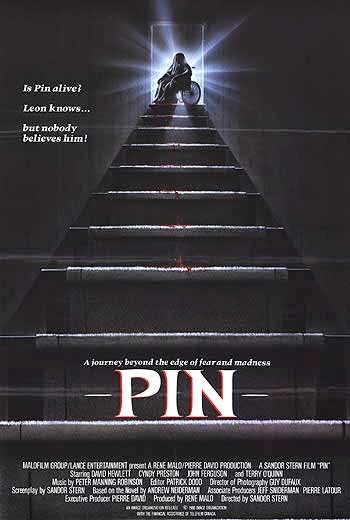Monday, August 20, 2012
Bouncing on "Hope Springs"
“Hope Springs” may be a difficult film to watch for those who are either in a bad marriage or are headed towards the end of a marriage. Though it is a well-acted, and well-written film, the subject matter is not easy to digest for those I have described.
The film stars Meryl Streep and Tommy Lee Jones as Omaha, Nebraska married couple, Kay and Arnold. They have been married for a very long time. I do not remember if an exact number of years is given, however, it is safe to guess that they have been married for, at least, 30 years. Through time, as will happen to some married couples, the flame of intimacy has burned out. Kay plans a trip to Maine for her and her husband to see renowned marriage counselor, Dr. Feld (Steve Carrell). Arnold is very reluctant to go all the way to Maine just to see a marriage counselor. Arnold thinks his marriage is just fine, however, Kay knows that it is failing badly. Throughout the film, it is clear that the emphasis, as far as who is feeling more distraught about the marriage failing, is focused on Kay. The script, in showing the angst from mostly Kay’s point of view misses a fantastic opportunity to show that sometimes the man in a marriage may also be suffering from depression or anxiety about his marriage failing or a lack of passion existing anymore. This is the major fault of the film. Although the script, as written, is good and the performances are wonderful, I felt the film missed a great opportunity to show the pain of the disintegration of the marriage from both sides. Arnold is written as a curmudgeon who is unaware of his wife’s emotional pain. In emoting this pain, Streep is, not surprisingly, very good. While watching the film, I felt satisfied by the it. I felt that the subject matter was handled very well and with a commendable amount of tact. I still feel this way, however, I wish that screenwriter, Vanessa Taylor, would have fleshed out Jones’ character, rather than simply making him a stereotypical old man who thinks all is well and there is no need for change. Jones does play the character well as far as giving the audience reason to see him as the one to blame for their marriage failing. Arnold is not a likable person and his curmudgeonly personality is quite grating. He constantly complains about irrelevant things and it is easy to see why any woman would fall out of love with him. This fact about the script and how Arnold is written instantly puts his character at a disadvantage as far as with whom the audience will sympathize. Preferable would have been to make both characters equally to blame for the marriage failing. To do this, more unlikable qualities could have been given to Kay, or conversely, make both characters likable and without any glaring issues. I understand that Arnold’s curmudgeonliness exists to provide comedic moments in the film, and, admittedly, because of Jones’ screen presence, some of these moments do work, however the character of Arnold, as written, does begin to grate on one’s nerves quickly.
Steve Carrell as Dr. Feld, the marriage counselor, gives my favorite performance in the film. He plays the character with the perfect amount of concern for both Kay and Arnold. His performance is more of a dramatic one. His performance, I suppose, could be described as “down the middle.” He does not play Dr. Feld for laughs or for high drama. He is quite good and Dr. Feld, as written, is a great character. His advice for Kay and Arnold makes sense and seem to be good steps to give to a struggling couple.
Up until the final ten minutes of the film, I thought I would be very satisfied with how the film ends. Not this time. This is a Hollywood studio film, so only one kind of ending to a film with such heavy subject matter will do, even if that ending does not fit. That is all I will say about the end of the film. Ok, one more thing: The end of the film defies everything that has been established about Kay and Arnold throughout the rest of the film. The resolution of the film is not entirely unbelievable, however, as presented and as set up for the first 90 minutes, the end of the film rings false. Did I say I liked this movie?
Despite it’s flaws, “Hope Springs” is an entertaining film, due entirely to it’s cast. Streep, Jones, and Carrell are all very good even with the flaws in the script. This happens sometimes in films. A great cast can sometimes make an average film better than it should be. “Hope Springs” handles extremely weighty subject matter with care and deftness for most of the running time, however, it fails to challenge the audience with a satisfying conclusion. My hope springs that Hollywood can, at some point, find a way to not placate it’s audience and challenge it. My hope will be springing eternally, I fear.
Subscribe to:
Post Comments (Atom)




















































































No comments:
Post a Comment